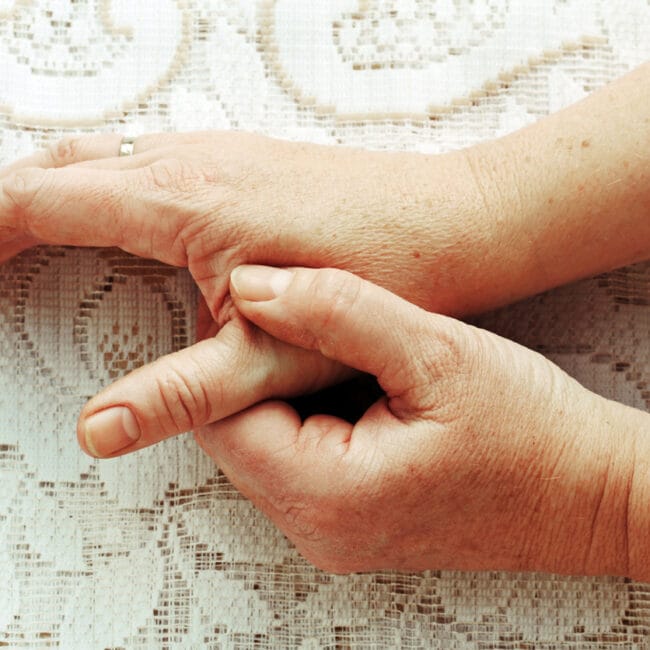
One of the most common arguments of modern times is the perpetual fight between parents and children over the amount of time spent on technology. While families used to fight for control of the TV, the increasing prominence of computers, tablets and phones means that most households now have more screens than people. This not only results in more time being spent on technology at home, but also in that technology going with us on trips in the car, to restaurants, shops and everywhere else you can think of. All the way back in 2009, half of nine year olds in Ireland had mobile phones. Although there are not many figures available, that statistic is likely to be much higher 7 years on.
This of course has negative impacts in a number of ways, such as making children more impatient and less social. But while most people are at least somewhat conscious of a child’s psychological development in relation to the overuse of technology, fewer take into consideration the effects it can have on their physical development.
With 25% of Irish children classified as either overweight or obese, and the recent news that Ireland is on track to be the most obese country in Europe by 2030, there is a clear link between overuse of technology and our physical health. Children are becoming increasingly sedentary and are spending a considerably reduced amount of time playing outdoors. In fact, a recent study found that 48% of Irish children spend more time parked in front of a screen than playing outside.
The same study, carried out by interviewing parents, found that although 74% of parents say they climbed trees all the time or often when they were children, one third of Irish children today have never climbed a tree. The number of children that climb trees “all the time” is down to the shockingly low figure of 5%, while 10% have never even visited a forest.
The effects of such harrowing addiction to technology go far beyond issues of weight and activity. As with any action that is repeated to such an extent, the actual act of sitting in front of screens for so long can have negative physical effects on our bodies in a number of ways. A study published earlier this year found that tablet use in young children leaves them more susceptible to issues relating to repetitive wrist movement and reduced muscle development. Spending so much time hunched over a screen can also lead to neck problems, spinal problems, and issues with the thorax (the neck/chest area).
The first iPad was released in 2010, with competitors such as Samsung and Windows coming out with their own tablets in the years since. This means that the long-term effects of prolonged tablet use by children are only beginning to be examined, but the research so far does not offer an optimistic picture of the future.
70% of Irish people now own a smartphone, and possibly as many as 2 million Irish households own a tablet computer, although exact statistics on that have not been gathered. The numbers are surely going to increase year on year, so it is important for us to be aware of the physical effects their use can have on children. Many people may rationalise the activity by providing educational apps, but that does not change the physical effects of such overuse.










